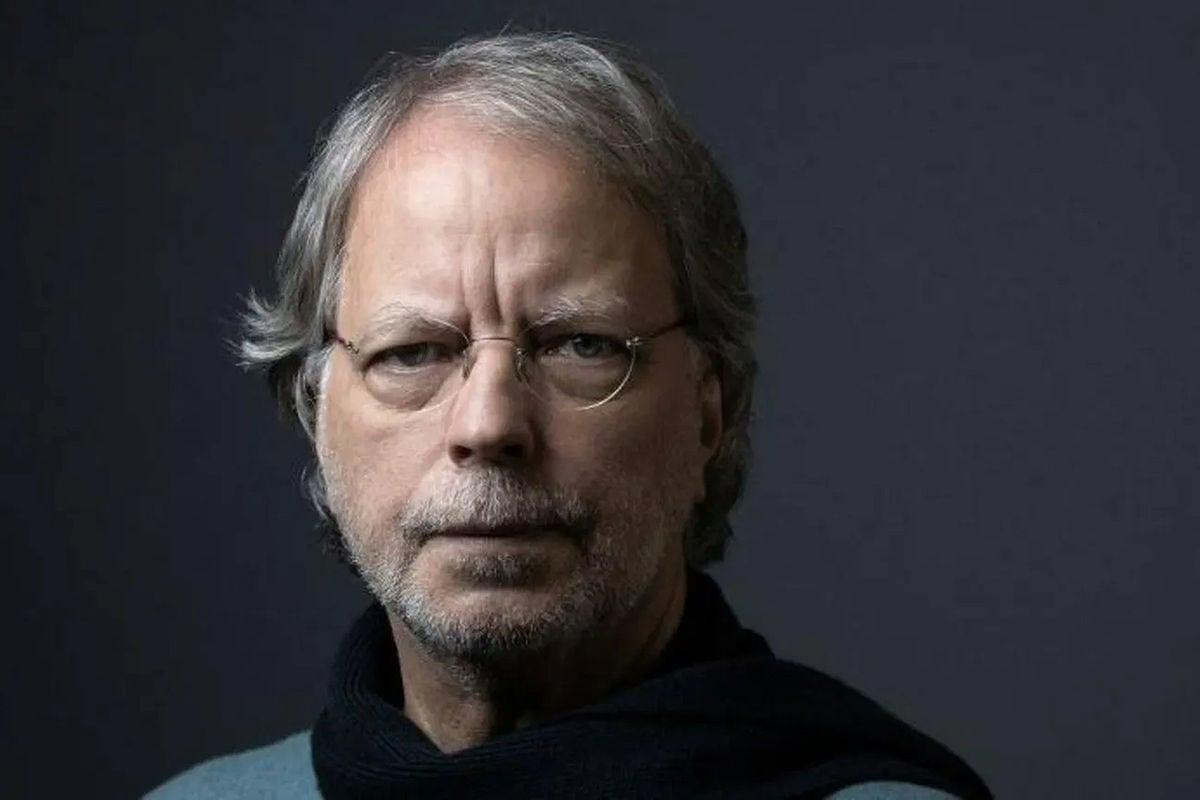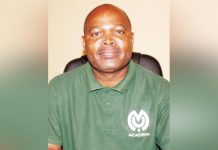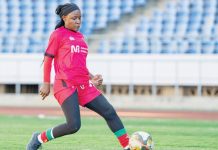Africa-Press – Malawi. Internationally acclaimed author and poet Mia Couto describes himself as an African, but his roots are in Europe.
His Portuguese parents settled in Mozambique in 1953 after fleeing the dictatorial rule of Antonio Salazar.
Couto was born two years later in the port city of Beira. “My childhood was very happy,” he tells the BBC.
Be he points out that he was conscious of the fact that he was living in a “colonial society” – something that nobody had to explain to him because “so visible were the borderlines between whites and blacks, between the poor and the rich”.
As a child, Couto was cripplingly shy, unable to speak up for himself in public or even at home. Instead, like his father who was also a poet and a journalist, he found solace in the written word.
“I invented something, a relationship with paper, and then behind that paper there was always someone I loved, someone that was listening to me, saying: ‘You exist’,” he tells the BBC from his home in Mozambique’s capital, Maputo, with a colourful painting and wooden carving on a rich, mustard-yellow wall in the background.
Being of European origin, Couto related most easily to the black elite that existed in Mozambique under Portuguese colonial rule – the “assimilados” – those, in the racist language of the day, considered “civilised” enough to become Portuguese citizens.
The writer counts himself as lucky to have played with the children of assimilados and to have learned some of their languages. He says this helped him fit in with the black majority. “I only remember that I’m a white person when I’m outside Mozambique. Inside Mozambique it’s something that really doesn’t come up,” he says.
However, as a child, he was aware his whiteness set him apart.
“Nobody was teaching me about the injustice… the unfair society where I was living. And I thought: ‘I cannot be me. I cannot be a happy person without fighting against this,’” he says.
When Couto was 10, the fight against Portuguese rule in Mozambique began.
The author remembers the night when, as a 17-year-old student writing poetry for an anti-colonial publication, and keen to join the liberation struggle, he was summoned to appear before the leaders of the revolutionary movement, Frelimo.
Arriving at their quarters, he found he was the only white boy in a crowd of 30.
The leaders asked everyone in the room to describe what they had suffered and why they wanted to join Frelimo.
Couto was the last to speak. As he listened to stories of poverty and deprivation, he realised he was the only privileged person in the room.
So, he made up a story about himself – otherwise he knew he had no chance of being selected. “But when it was my turn, I couldn’t speak and was overwhelmed by emotions,” he says.
What saved him was that Frelimo leaders had already discovered his poetry and had decided he could help their cause. “The guy that was leading the meetings asked me: ‘Are you the young guy that is writing poetry in the newspaper?’ And I said: ‘Yes, I’m the author’. And he said: ‘Okay, you can come, you can be part of us because we need poetry,” Couto recalls.
After Mozambique gained its independence from Portugal in 1975, Couto continued working as a journalist in local media until the death of Mozambique’s first president, Samora Machel, in 1986. He then quit as he had become disillusioned with Frelimo.
“There was a kind of rupture; the discourse of the liberators became something I was not believing in any more,” he says.
After giving up his Frelimo membership, Couto studied biological sciences. Today, he stills works as an ecologist specialising in coastal areas. He also returned to writing.
“I initially began with poetry, then books, short stories, and novels,” he says.
His first novel, Sleepwalking Land, was published in 1992.
It’s a magical realist fantasy which draws its inspiration from Mozambique’s post-independence civil war, taking the reader through the brutal conflict which raged from 1977 to 1992 when Renamo – then a rebel movement backed by the white-minority regime in South Africa, and Western powers – fought Frelimo.
The book was an immediate success. In 2001 it was described as one of the best 12 African books of the 20th Century by judges at the Zimbabwe International Book Fair, and has been translated into more than 33 languages.
Couto went on to win recognition for more novels and short stories that dealt with war and colonialism, the pain and suffering Mozambicans went through, and their resilience during those tough times.
Other themes he focused on included mystical descriptions derived from witchcraft, religion and folklore.
“I want to have a language that can translate the different dimensions inside Africa, the relationship and the conversation between the living and the dead, the visible and non-visible,” he tells the BBC.
Couto is well-known throughout the Portuguese-speaking world – Angola, Cape Verde, Guinea-Bissau and Sao Tome in Africa, as well as Brazil and Portugal. In 2013, he won the €100,000 ($109,000; £85,500) Camões prize, the biggest prize for a writer in Portuguese.
In 2014 he was awarded the $50,000 (£39,000) Neustadt, regarded as the most prestigious literary award after the Nobel.
When asked if his works reflect the reality of modern-day Africa, Couto replies that this is impossible because the continent is divided and there are so many different Africas. “We don’t know each other and do not publish our own writers inside our continent because of the borderlines of colonial language such as French, English and Portuguese,” he says.
“We have inherited something that was a colonial construction, now “naturalized”, which is the so-called Anglophone, so-called French-speaking and so-called Lusophone Africa,” he adds.
Couto was due to have attended a literary festival in Kenya last month, but was unfortunately forced to cancel the trip after mass protests broke out over President William Ruto’s move to raise taxes.
He hopes there will be other opportunities to strengthen ties with writers from other parts of Africa.
“We need to get out of these barriers. We need to give more importance to the encounters that we have, as Africans and among Africans,” Couto says.
He laments that African writers are continuously looking to Europe and the United States as points of reference, and are ashamed to celebrate their own diversity and relationship with their gods and ancestors.
“Actually, we even don’t know what is being done in artistic and cultural terms outside Mozambique. Our neighbours – South Africa, Zimbabwe, Zambia, Tanzania – we don’t know anything about them, and they don’t know anything about Mozambique,” Couto says.
When asked what advice he would give to young writers just starting out, he emphasises the need to hear the voices of others.
“Listening is not just listening to the voice or looking at the iPhone or the gadgets or the tablets. It’s more about being able to become the other. It’s a kind of migration, an invisible migration to become the other person,” Couto says.
“If you are touched by a character of a book, it’s because that character was already living inside you, and you didn’t know.”
Relations
Couto related most easily to the black elite that existed in Mozambique under Portuguese colonial rule – the “assimilados” – those, in the racist language of the day, considered “civilised” enough to become Portuguese citizens.
The writer counts himself as lucky to have played with the children of assimilados and to have learned some of their languages.
For More News And Analysis About Malawi Follow Africa-Press






